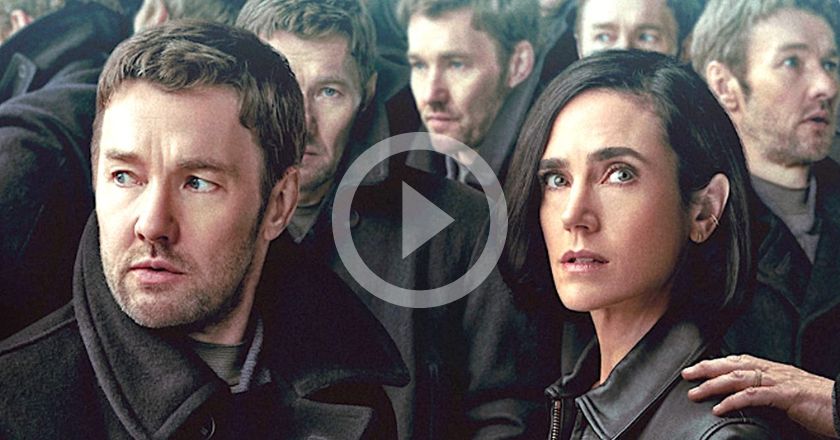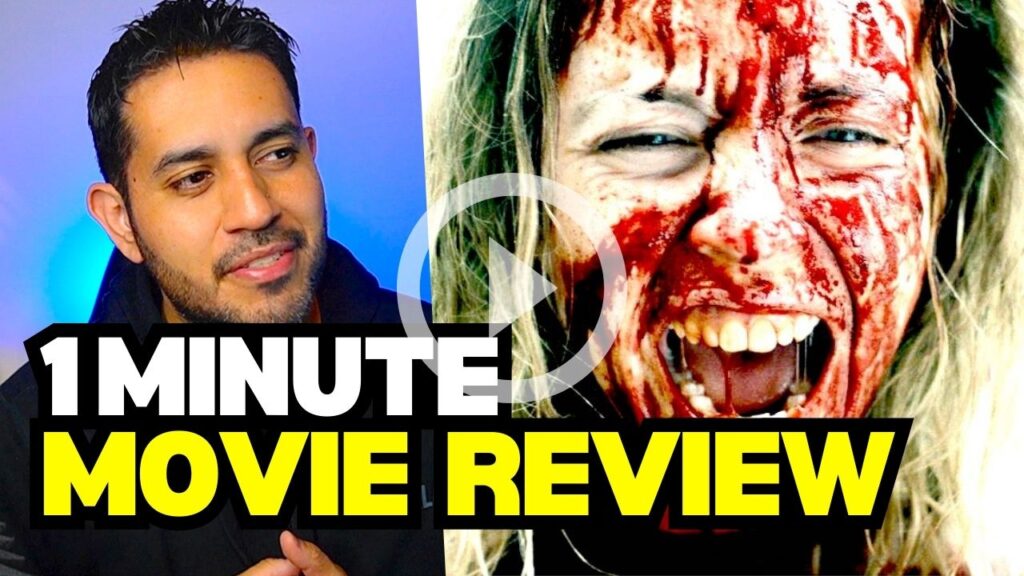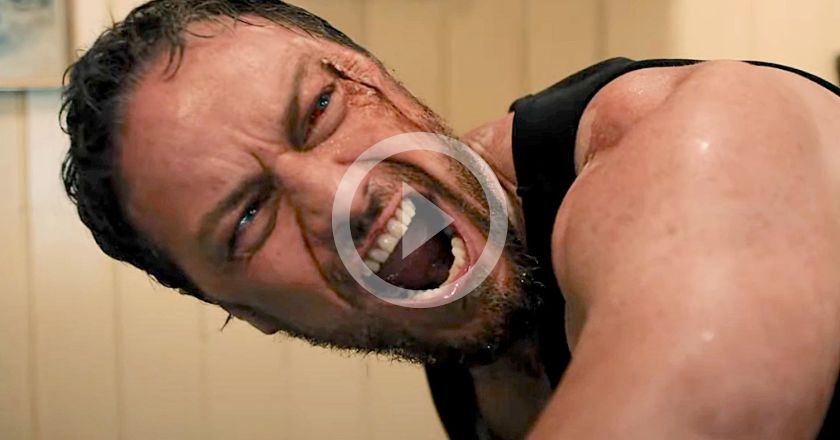
Aside from the late Roger Ebert being the film critic I aspire to be like the most, it was actually a handful of Australian film critics that introduced me to the wonders of cinema and fuelled my life-long passion. As a child, while my friends were watching cheap variety shows, I was glued to programs like The Movie Show and The Golden Years of Hollywood. My mentors were John Hinde, Ivan Hutchinson, Bill Collins and ““ of course ““ David Stratton. It was their unattainable knowledge of cinema that introduced me to films that were far beyond my years and were it not for their insight, my own knowledge wouldn’t amount to much at all.
Time can be cruel and we have lost so many of the greats. Hinde and Hutchison have long since left this Earth, and of course Ebert took his final bow in 2013. Ebert’s swansong was the beautiful documentary Life Itself, which celebrated his love of cinema while chronicling his long battle with cancer. It was a heartbreaking, yet inspiring farewell that I return to every so often for inspiration. It served as a reminder of the importance of criticism within the arts, a profession that is constantly challenged by a new age of online bloggers and amateur critics.

David Stratton: A Cinematic Life is the latest documentary to examine this unique and privileged profession and it is a wonderful exploration of a life lived, celebrating one of Australia’s most iconic figures. From his pre-teen years in England and his arrival in Australia, the film probes his early years as the director of the Sydney Film Festival and journeys through to his life in television and beyond. It is a deeply heartfelt portrait of a passionate man who wears his heart on his sleeve and offers a rare glimpse into his personal life.
What sets this documentary apart from similarly themed films is the method and focus that is employed to tell its story. While we are presented with a traditional character study at its core, the film ventures away from the familiar conventions with a much broader focus as Stratton talks directly into the camera and shares his passion with the viewer. His love for the medium is so consuming that he feels obliged to impart his knowledge onto us, and in doing so he takes us on a serpentine journey throughout the history of Australian cinema, sharing trivia and production back-stories of some of our most iconic films. It is an infectious ride. Coinciding with his recollections are a series of interviews with some of Australian’s most prominent industry figures. Talent such as Nicole Kidman, George Miller, Jack Thompson, Jocelyn Moorhouse, Russell Crowe and Margaret Pomeranz, amongst others, share their thoughts on Stratton’s legacy, with stories ranging from loving recollections to the more cynical and adverse. They are, for the most part, affectionate, and they are always sincere.

Director Sally Aitken was given an all-access pass into this man’s world and she takes the viewer into places rarely seen before as Stratton makes his personal archives available and shares sentimental moments of his life. Through the countless keepsakes and memorabilia collected over the years, including family photos and his earliest reviews (as a child), it is a fascinating and unexpectedly emotional experience.
A recurring sentiment shared throughout the film by guests is that Stratton’s wealth of cinematic knowledge is insurmountable, and as he shares his love of Aussie cinema it becomes abundantly clear that very few would be able to match his comprehension. It is this fact that makes him one of the world’s leading film critics, whose respect reaches the heights of Hollywood.
A cinematic life is one that we can only wish for, and thank God David Stratton has been afforded just that. His humble character is deserving of a film this sincere and romantic, and it makes me wonder, how he would rate it from his own professional point of view?
THE REEL SCORE: 9/10







